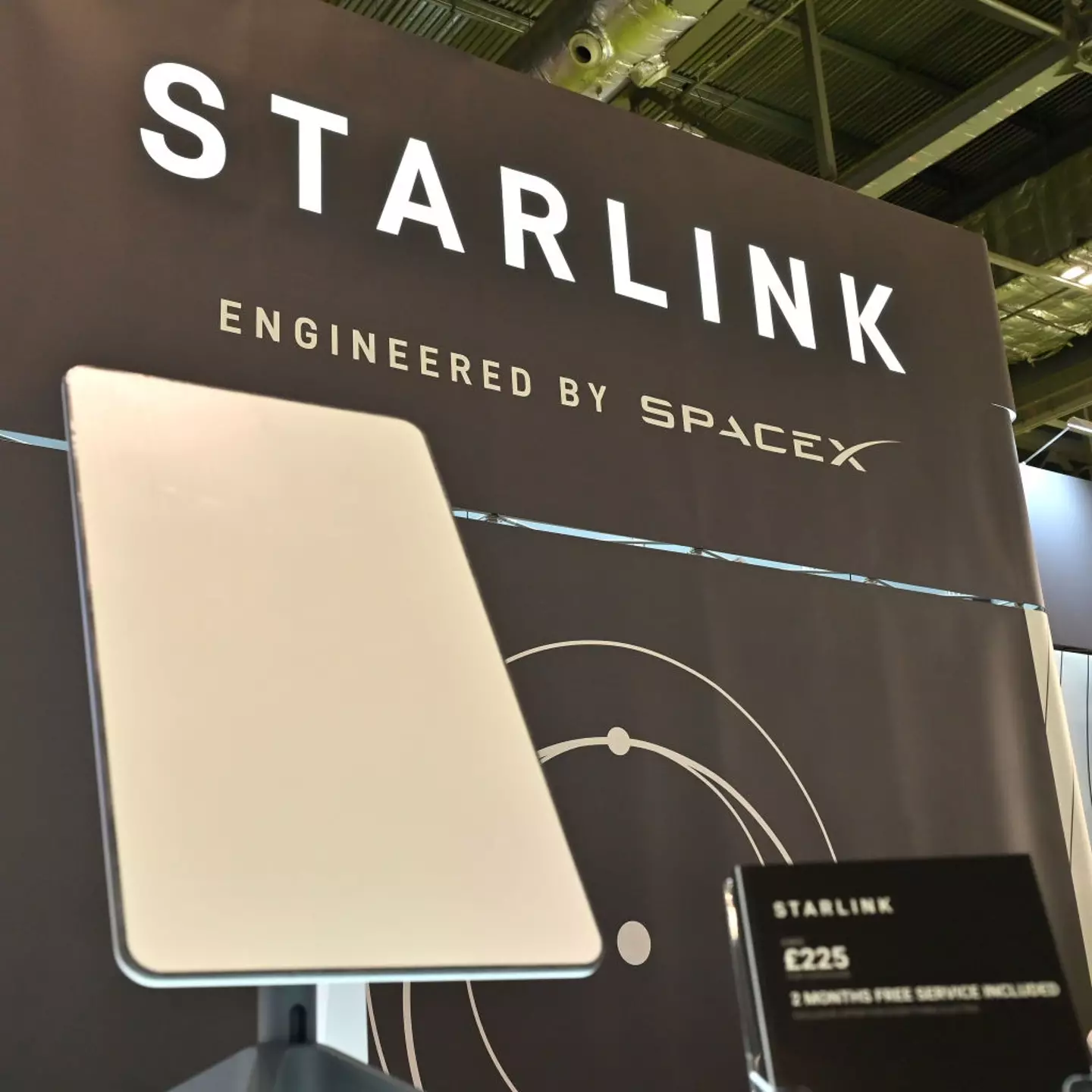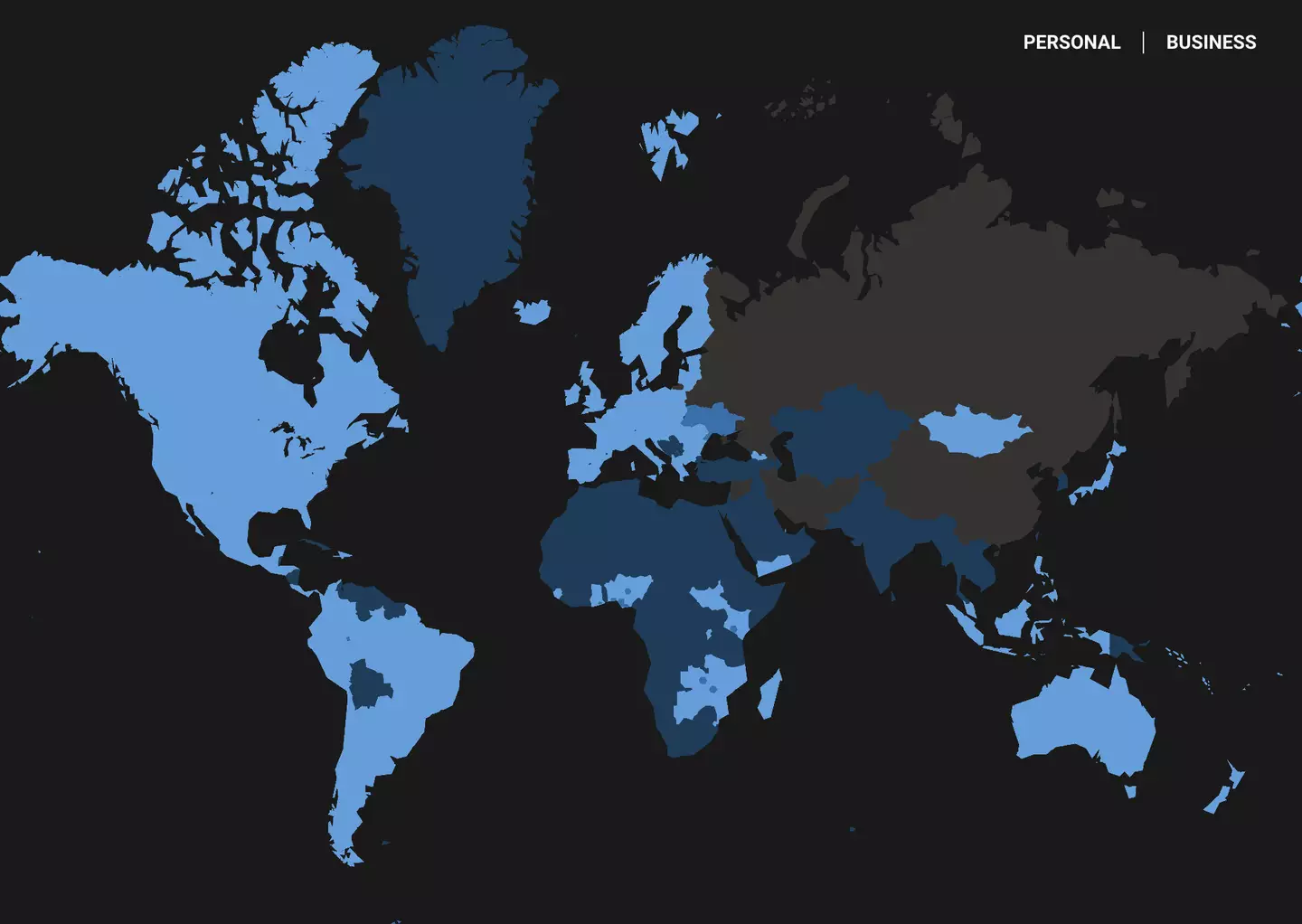China’s $943 Million ‘Megaconstellation’ Initiative with 13,000 Satellites to Challenge Elon Musk’s Starlink
Despite advances in technology, slow internet connections remain a common issue. First-world problems, indeed…
SpaceX, under Musk’s leadership, was the pioneer in launching low Earth orbit (LEO) satellites to address this issue.
The initial batch of Starlink satellites was deployed in 2019, situated just 340 miles above the Earth’s surface, unlike geostationary satellites used by traditional internet providers, which orbit at about 22,236 miles.

This significant difference in altitude allows LEO satellites to offer more reliable network coverage.
Starlink benefits from this proximity by enhancing internet speeds and reducing latency while covering wider areas.
In response, China is launching its own megaconstellations. Shanghai Spacecom Satellite Technology (SSST) has secured $943 million (6.7 billion yuan) for a new venture.
This satellite initiative, known as G60, aims to use LEO, similar to Starlink, to transmit data back to Earth.
The plan involves launching 12,000 satellites in 2024, with a total of 12,000 operational overall.

Additionally, China SatNet is reportedly preparing to launch its own system named Guowang, or ‘national network.’
Like G60 and Starlink, Guowang intends to deliver global broadband internet access and bolster the country’s expanding digital economy.
However, to truly challenge Musk, China has some catching up to do.
Starlink already has over 6,000 satellites in orbit, serving around four million customers worldwide.
Currently, more than 6,000 of these satellites are operational across 100 countries. SpaceX plans to expand further, aiming to launch up to 42,000 Starlinks in the future.
China’s new projects could help address gaps in Starlink’s coverage.

Starlink currently lacks an operating license in China, and several other countries, including South Africa, Cameroon, and Brazil, have moved to block the service.
Recently, Chinese state media reported that SpaceSail, the company behind the G60 constellation, reached an agreement with Brazilian state-owned Telebrás to provide satellite communications and broadband internet services in Brazil.
As the technological rivalry between the US and China intensifies, so do the tensions related to trade materials.
China recently imposed a ban on exporting rare earth minerals used in EV batteries, costing the US $34 million over a decade. The shipment of gallium, germanium, antimony, and superhard materials will be halted.




